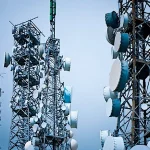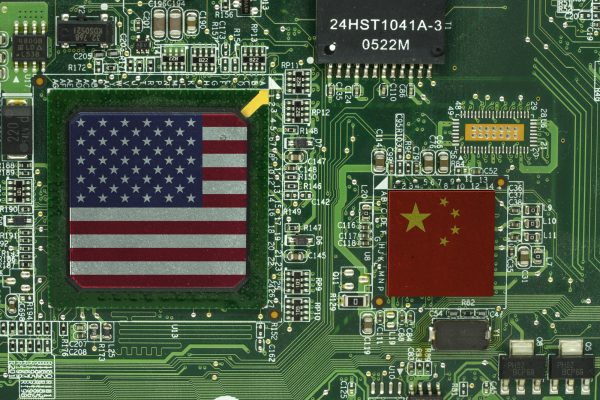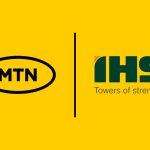Top Authors
Popular Posts
23 Nigerian States Planning to Spend $97.15 Million on Tech in 2026 – Full List
How Telecoms Added 8.3% to Nigeria’s GDP in 2025
Nigeria’s Most Valuable Secondary Schools in 2026
Unmasking DeepSeek; The Chinese AI Startup The Tech World is Talking About
A surprisingly efficient and powerful Chinese AI model has taken...
Chinese Regulator Accuses Chip Tycoon of Corruption
March 22, 2023
China’s anti-fraud watchdog has accused chip tycoon Zhao...
UK Bans Chinese Surveillance Cameras from Sensitive State Premises
November 26, 2022
Hikvision, a leading Chinese surveillance company, has denied...
US Charges Alleged Chinese Spies in Telecoms Probe Case
October 25, 2022
Two Chinese nationals have been charged with paying thousands of...
US Chip Makers Hit by New China Export Rule
September 3, 2022
Shares of major chipmakers Nvidia and AMD have fallen amid...
















